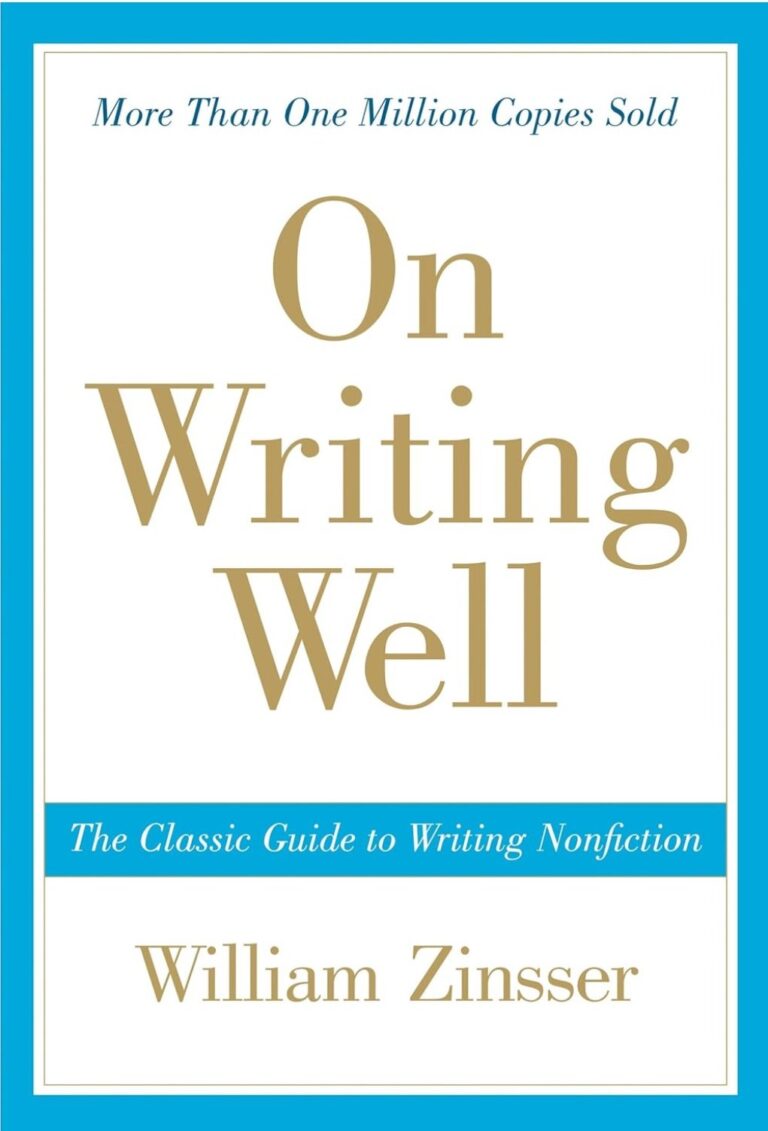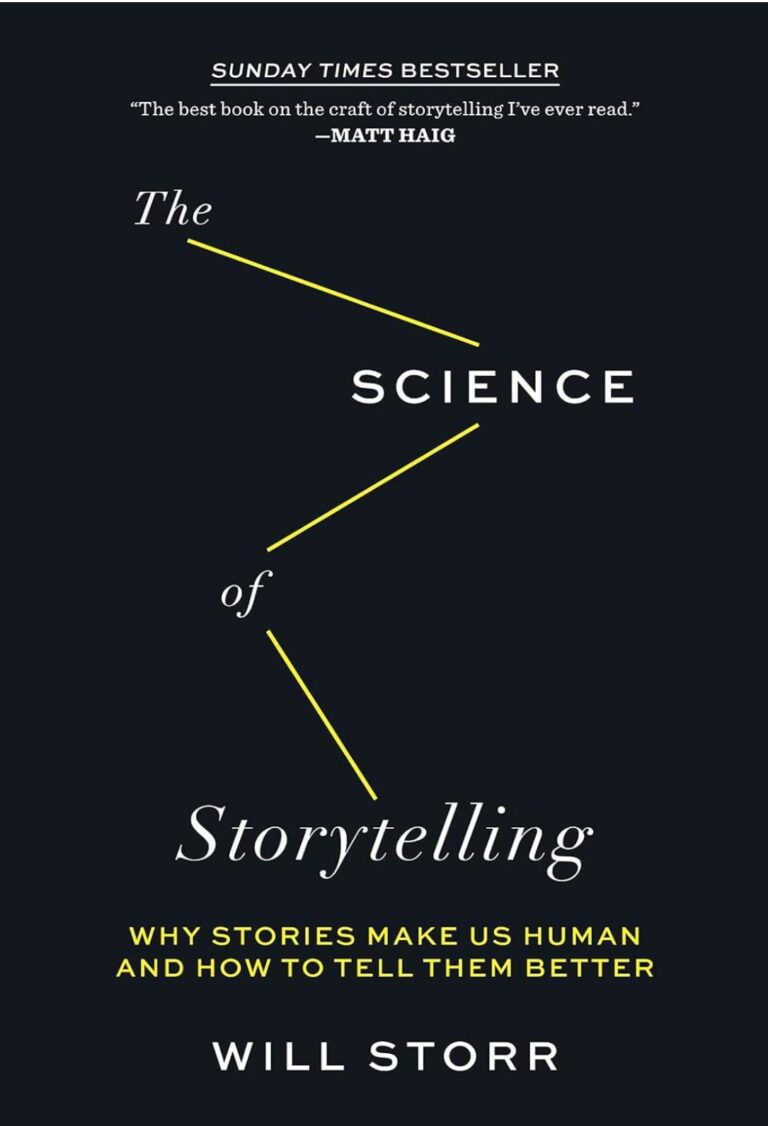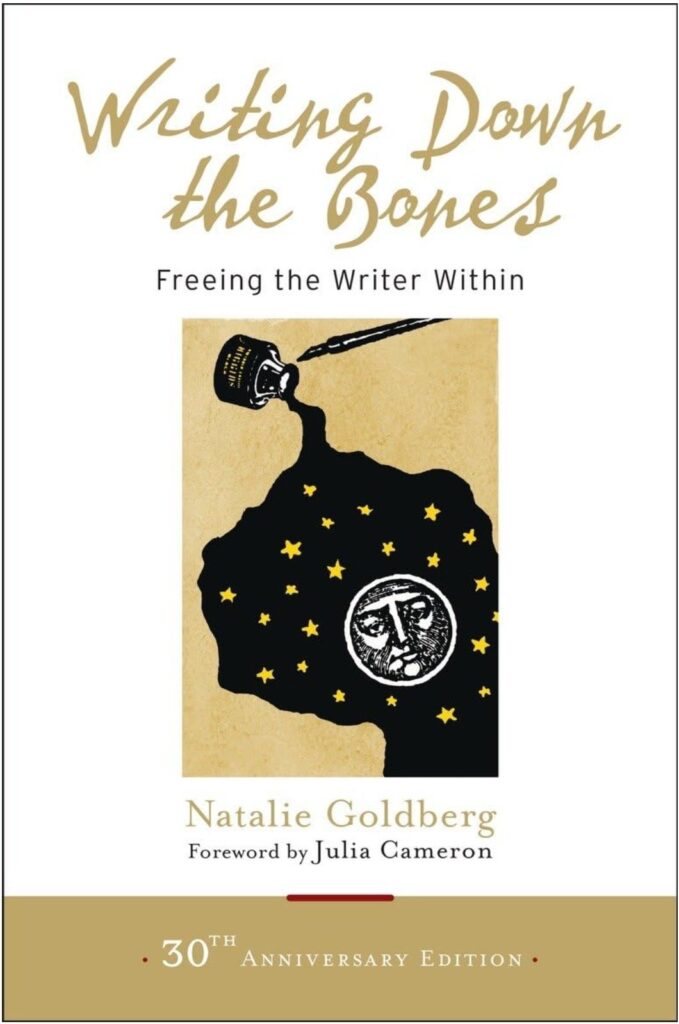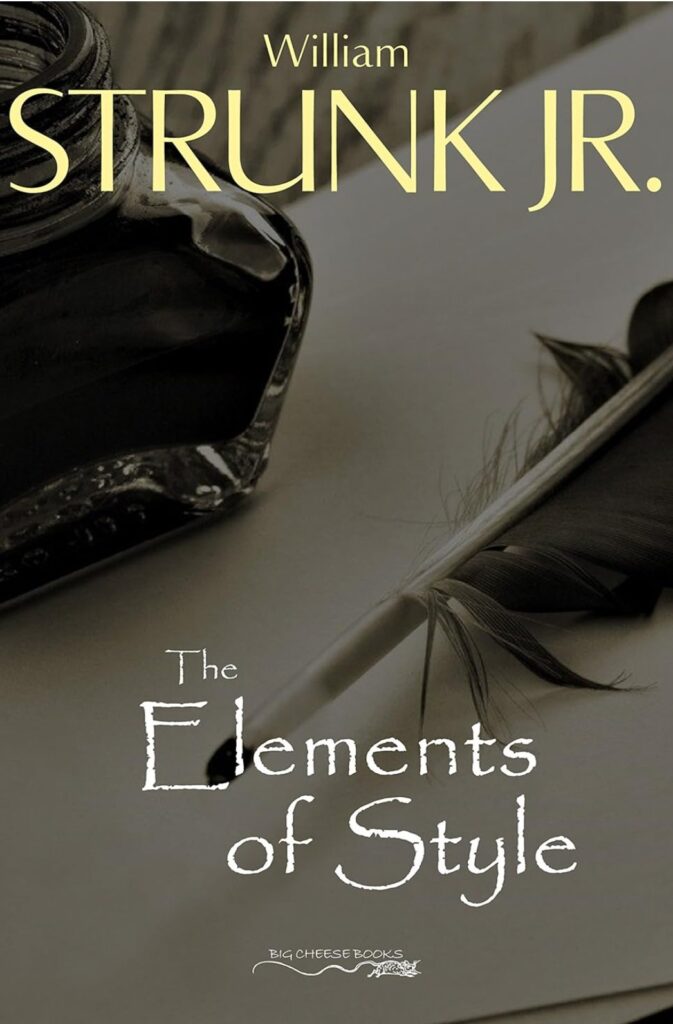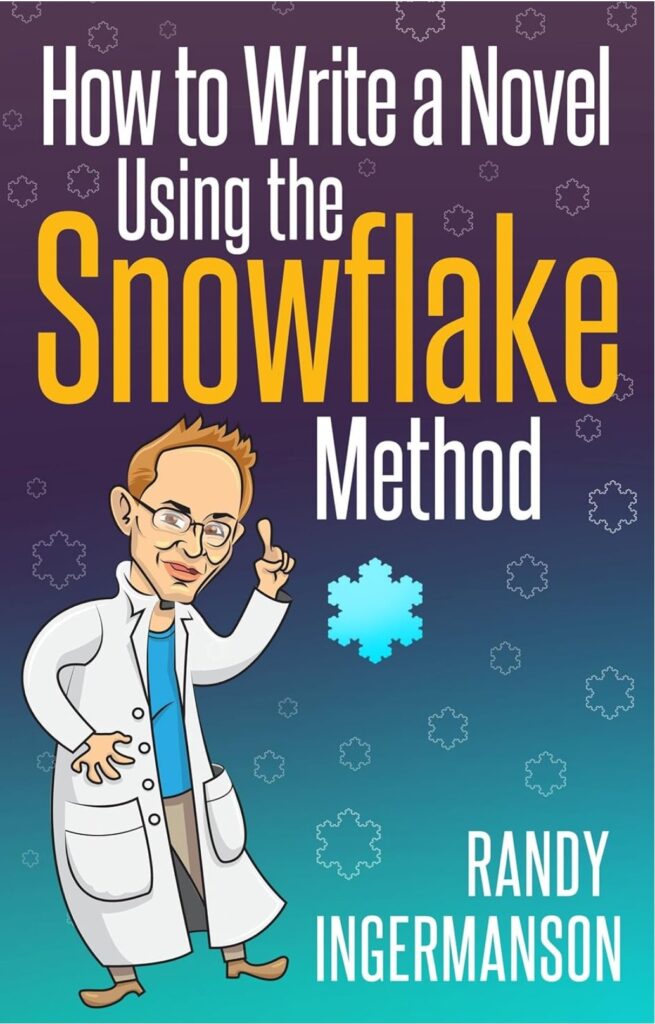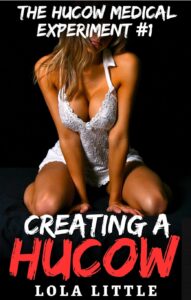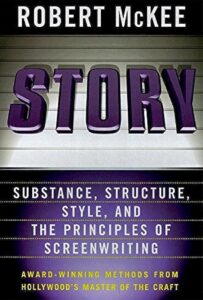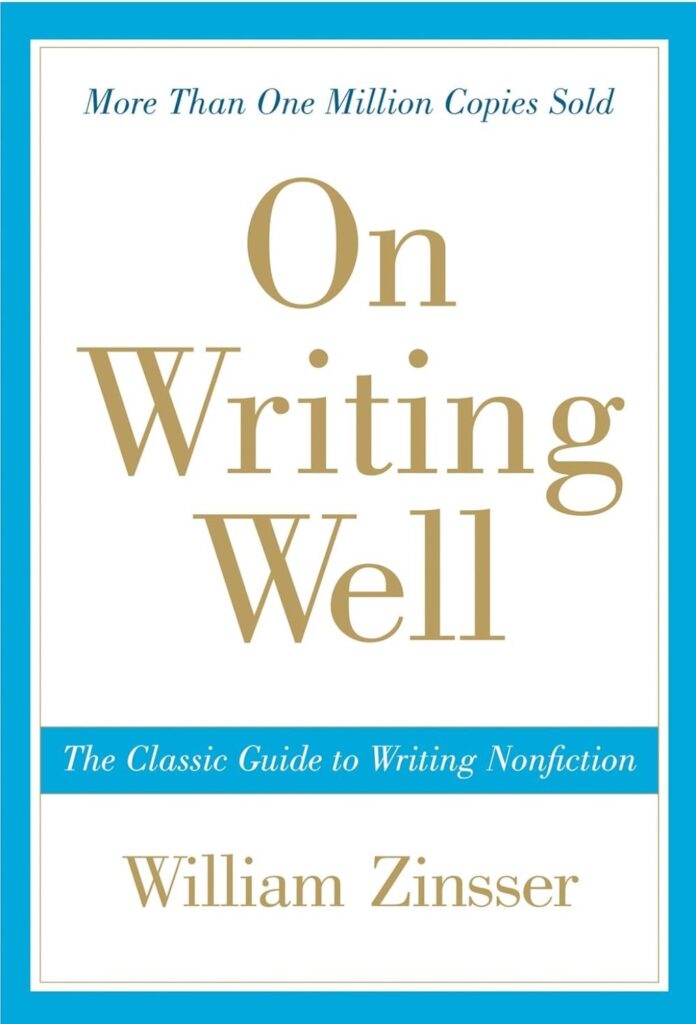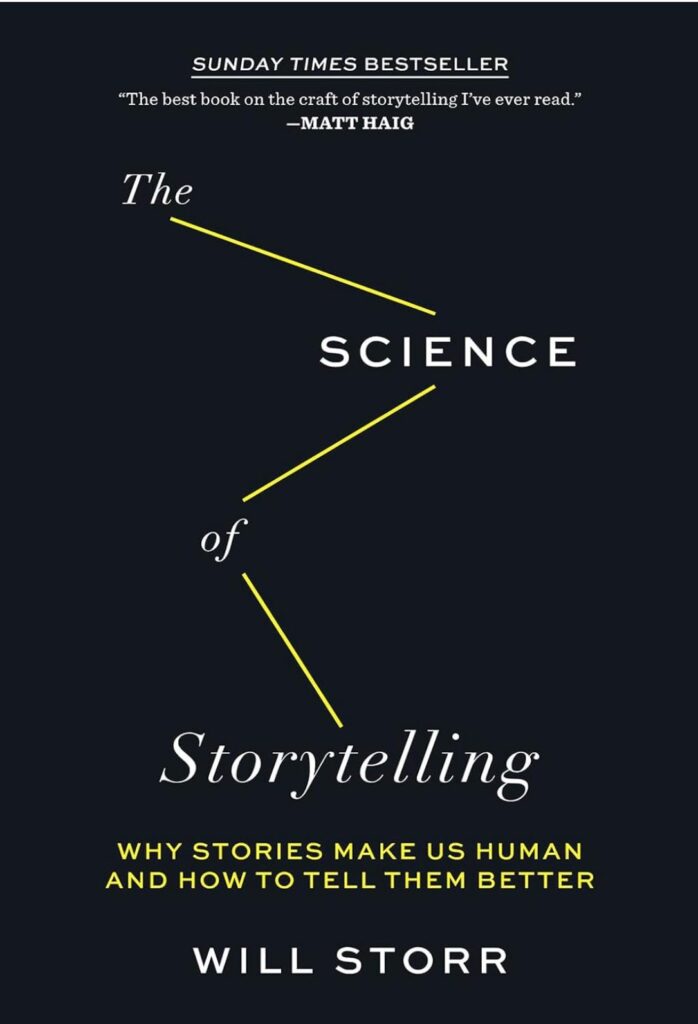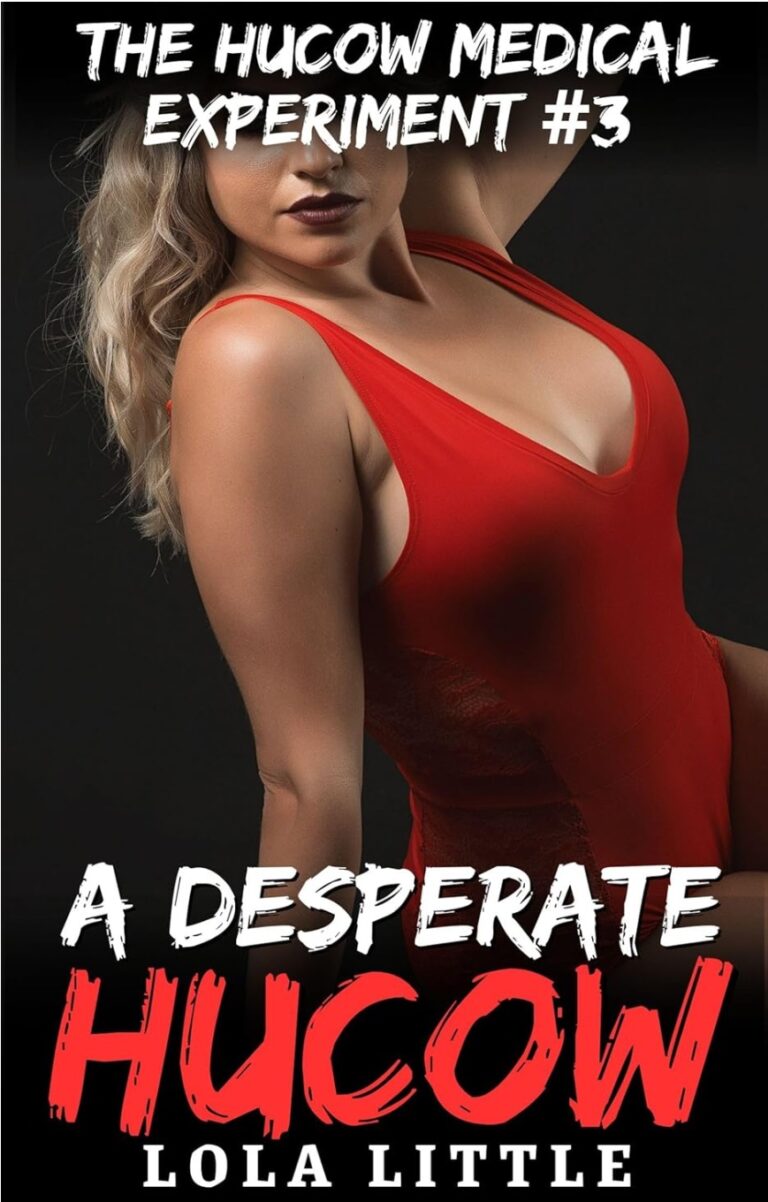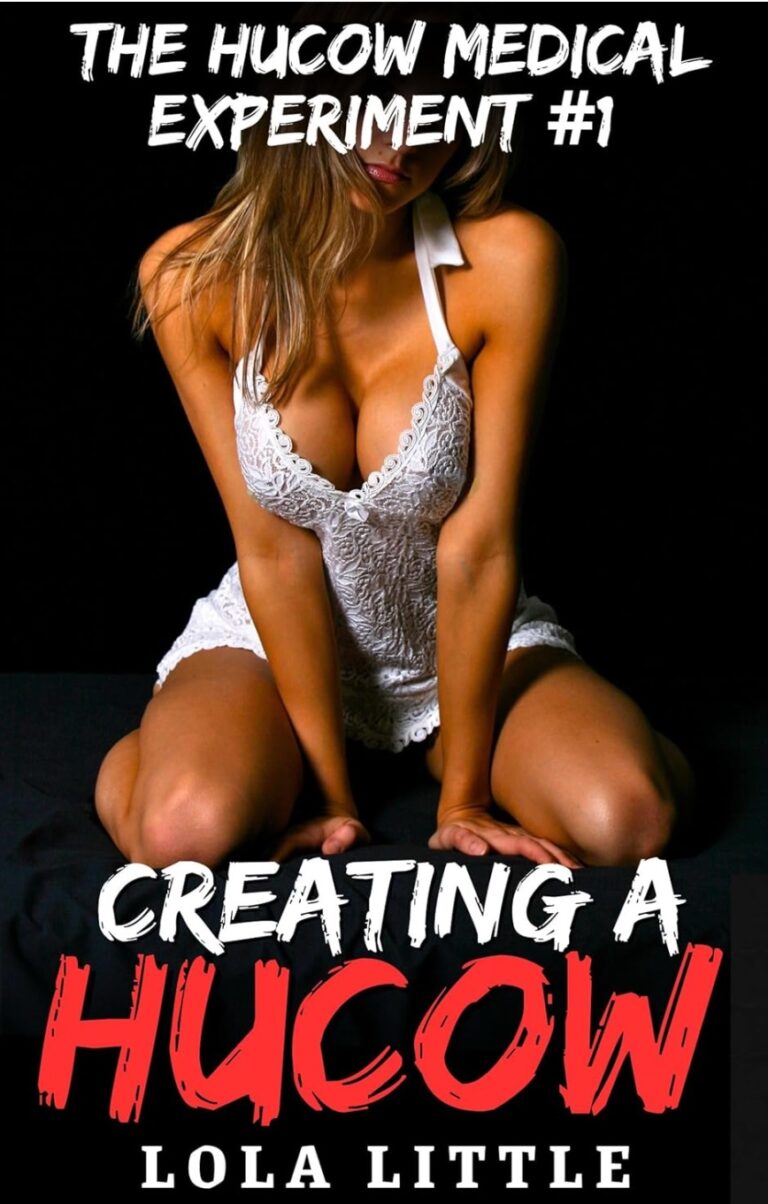One of the most important aspects of writing a compelling Hucow story is building a rich backstory for your characters. We often focus so much on the immediate transformation, the milking, or the power dynamics with the alpha male that we forget the emotional depth backstory can add.
But here’s the thing—your character’s past, their trauma, secrets, and desires, can fuel the entire narrative, making everything feel more grounded and relatable for readers.
In my own experience writing Hucow stories, I’ve learned that creating a layered backstory allows readers to understand why the heroine reacts the way she does. It’s not just about the physical journey of becoming a Hucow—it’s about how that transformation intersects with her past.
By weaving in trauma, hidden desires, or long-held secrets, you can create more emotional stakes, deepen the character’s development, and make the ultimate transformation more meaningful.
Let’s dive into why backstory matters and how you can effectively use trauma, secrets, or desires to build a strong foundation for your Hucow characters.
Table of Contents
ToggleWhy Backstory Is Essential for Emotional Depth
Backstory is the heart of your character. It explains why she’s resistant, why she craves control, or why she finds submission so emotionally charged. Without it, you risk having a one-dimensional character who simply goes through the motions of transformation without any emotional weight behind her actions.
When you give your heroine a past filled with unresolved trauma, deep desires, or hidden secrets, you create layers that make her more relatable. Readers connect with a character who has a rich history because they understand that her choices, her resistance, or her acceptance of the Hucow transformation, are deeply tied to who she is underneath it all.
Connecting Trauma to the Transformation
One of the most common themes in Hucow stories is the idea of transformation—whether through milking, breeding, or submission to an alpha male. But what makes the transformation compelling is tying it to the heroine’s past trauma. This gives her internal conflict and raises the emotional stakes.
For example, in one of my stories, the heroine had been betrayed by a past lover, which left her with deep trust issues. This trauma made her resistant to the idea of submitting to the alpha male at first. Every time he tried to assert control, it triggered her memories of being vulnerable and hurt. But as the story progressed, the process of becoming a Hucow became a healing experience. By slowly giving up control, she learned to trust again, and her transformation became symbolic of her emotional healing.
When you add trauma to the backstory, you give your character a reason to resist the transformation. And when she finally embraces it, the payoff is so much sweeter because readers have been on that emotional journey with her.
Secrets that Fuel Conflict
Secrets are another fantastic way to add tension to your story. A character with something to hide is always more interesting because those secrets will eventually come to light. Secrets can create conflict between the heroine and the alpha male, or between the heroine and other supporting characters, adding layers to the plot.
How Secrets Can Drive the Plot
Imagine your heroine is hiding a significant part of her past—maybe she wasn’t supposed to become a Hucow in the first place. Perhaps she’s been running from her destiny, or maybe she’s undercover, trying to escape the life she never wanted. These secrets will naturally create tension between her and the alpha male.
For instance, let’s say the heroine has been sent to infiltrate the farm to gather information and escape, but she slowly starts to enjoy the transformation process. The tension between her duty and her growing desires creates internal conflict. As she becomes more attached to the alpha male, her secrets become heavier and harder to keep. The moment those secrets are revealed, the story shifts, and now there’s an added layer of drama to explore.
In one of my stories, the heroine hid her true identity from the alpha male because she feared that once he discovered the truth, he would reject her. That secret created so much delicious tension—every interaction was charged with the possibility of exposure. When the truth finally came out, it not only shifted the dynamic between them, but it also forced the heroine to confront her own fears and desires.
Desires: The Hidden Motivations
Hidden desires are another powerful tool in a Hucow story. A heroine who has suppressed her needs or denied her true desires is ripe for transformation, both emotionally and physically. Desires are what drive characters forward, even when they don’t fully understand or admit them at first.
Desire and Power Dynamics
In many Hucow stories, the power dynamic between the heroine and the alpha male is central. But often, the heroine’s desire to submit is at odds with her need for control or independence. This internal conflict can create a strong emotional arc as she navigates her feelings about submission.
Maybe your heroine has always craved structure, but because of past experiences, she’s terrified of letting someone else take control. Her desire to submit, to be taken care of, is in direct conflict with her fear of vulnerability. By gradually exploring these hidden desires, you can show the slow unraveling of her emotional walls.
In one of my favorite stories, the heroine had spent her entire life in control. She was a high-powered executive, always making decisions for others. But secretly, she longed to let go, to have someone else take the reins. When she arrived at the farm, she fought against the milking and breeding processes at first. But as the story progressed, she began to realize that submitting to the alpha male was exactly what she needed. Her hidden desire to relinquish control finally surfaced, and it made her transformation all the more satisfying.
Desires are often tied to identity, and the moment your heroine acknowledges those desires, her emotional and physical transformation will feel like a natural progression.
Using Backstory to Shape the Power Dynamics
Backstory doesn’t just shape the heroine—it can also influence the alpha male and the power dynamics between them. By giving both characters rich histories, you create a more balanced and complex relationship. Maybe the alpha male has his own trauma or secrets, which complicates his relationship with the heroine.
Alpha Male with Trauma or Hidden Motives
Consider giving the alpha male a backstory as well. Maybe he’s lost a previous Hucow, or maybe he’s been betrayed in the past, which makes him wary of getting too close. These hidden layers can add tension to their relationship, especially as the heroine begins to break down his emotional walls.
For example, in one story, I had an alpha male who had lost someone he cared deeply for. This trauma made him reluctant to open up to the heroine, even though he felt an undeniable connection to her. His past pain created emotional distance between them, which made the heroine’s efforts to break through his defenses more powerful. Their eventual connection felt earned because both characters had to work through their past traumas together.
Final Thoughts: Weaving Backstory into Your Hucow Story
Creating backstories filled with trauma, secrets, or hidden desires is essential for crafting a compelling Hucow story. It’s not just about the physical transformation—it’s about the emotional journey that happens alongside it. When your heroine’s past is rich and complex, her transformation feels more meaningful. And when those hidden desires or secrets finally come to the surface, the emotional stakes are raised, making the story more engaging for readers.
So, as you sit down to write your next Hucow story, think about your character’s backstory. What trauma has she endured? What secrets is she hiding? What deep desires has she been suppressing? Weaving these elements into your narrative will add depth and emotional weight, making the ultimate transformation all the more satisfying.
Your readers will thank you for it.
References and More Information
Here are three references used to source information for the post above, and they can also provide more information for you if you want to get some in depth info on the topics I have discussed:
Building Strong Character Backstory by Writer’s Digest
This article explores the importance of character backstory and how trauma, desires, and hidden motivations can fuel a character’s emotional arc.Secrets, Lies, and Consequences in Fiction by Now Novel
This post dives into how secrets shape narrative tension and character development, providing examples of how hidden desires and lies can drive a story forward.Trauma and Its Impact on Character Development by Helping Writers Become Authors
This article explains how trauma affects character motivation, shaping their emotional reactions and relationships within the story.











